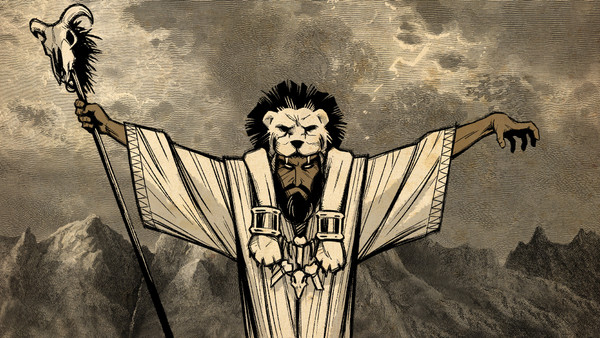
6:11

The people just keep rebelling—and God continually responds with provision and protection! But the book of Numbers also reveals that God's justice accompanies his mercy.

Episode 7
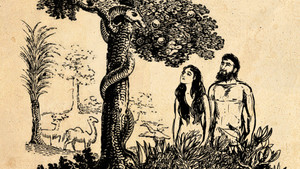
Episode 1
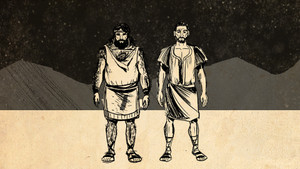
Episode 2
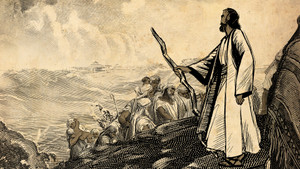
Episode 3

Episode 4
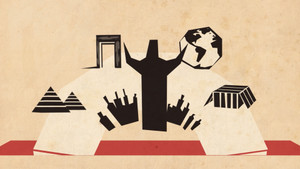
Episode 5

Episode 6

Episode 7